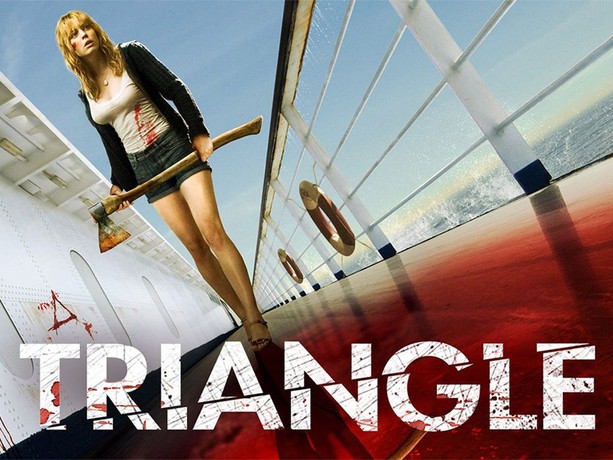Directed by Doug Liman and written by Dwain Worrell, The Wall (2017) is a stripped-down psychological war thriller that uses minimalism to maximum effect. Set during the Iraq War, the film stars Aaron Taylor-Johnson as Sergeant Allen Isaac and John Cena as Staff Sergeant Shane Matthews, two American soldiers responding to a distress call in a remote desert location.
What seems at first like a routine mission quickly turns into a deadly trap. After Shane is shot by an unseen sniper, Isaac takes cover behind a crumbling wall—the only protection he has in a vast and unforgiving desert. Wounded, dehydrated, and cut off from support, Isaac soon finds himself in a terrifying mental and physical standoff. Over the radio, the enemy sniper, who identifies himself as “Juba,” begins to toy with Isaac—probing him psychologically, revealing knowledge of American military procedures, and forcing him into an existential crisis.
What makes The Wall unique is its simplicity. The entire film unfolds in a single location, with only two on-screen characters and one disembodied voice. Yet it manages to sustain high tension for nearly 90 minutes. Rather than relying on large-scale combat scenes, it uses silence, heat, and fear to suffocate the viewer—mirroring the soldier’s isolation and vulnerability.
Aaron Taylor-Johnson delivers a gripping performance, capturing the desperation, paranoia, and stubborn resolve of a man with no clear way out. John Cena, though less present, provides a solid performance as the fallen comrade whose fate hangs in the balance. But it is the voice of “Juba” that adds a chilling, almost philosophical layer to the film—turning the battle into a duel not just of weapons, but of ideologies.

Critically, the film was praised for its tight direction and atmosphere, though some viewers found its ending divisive. Without revealing spoilers, the conclusion avoids easy resolution, instead reinforcing the randomness and futility often associated with modern warfare.


